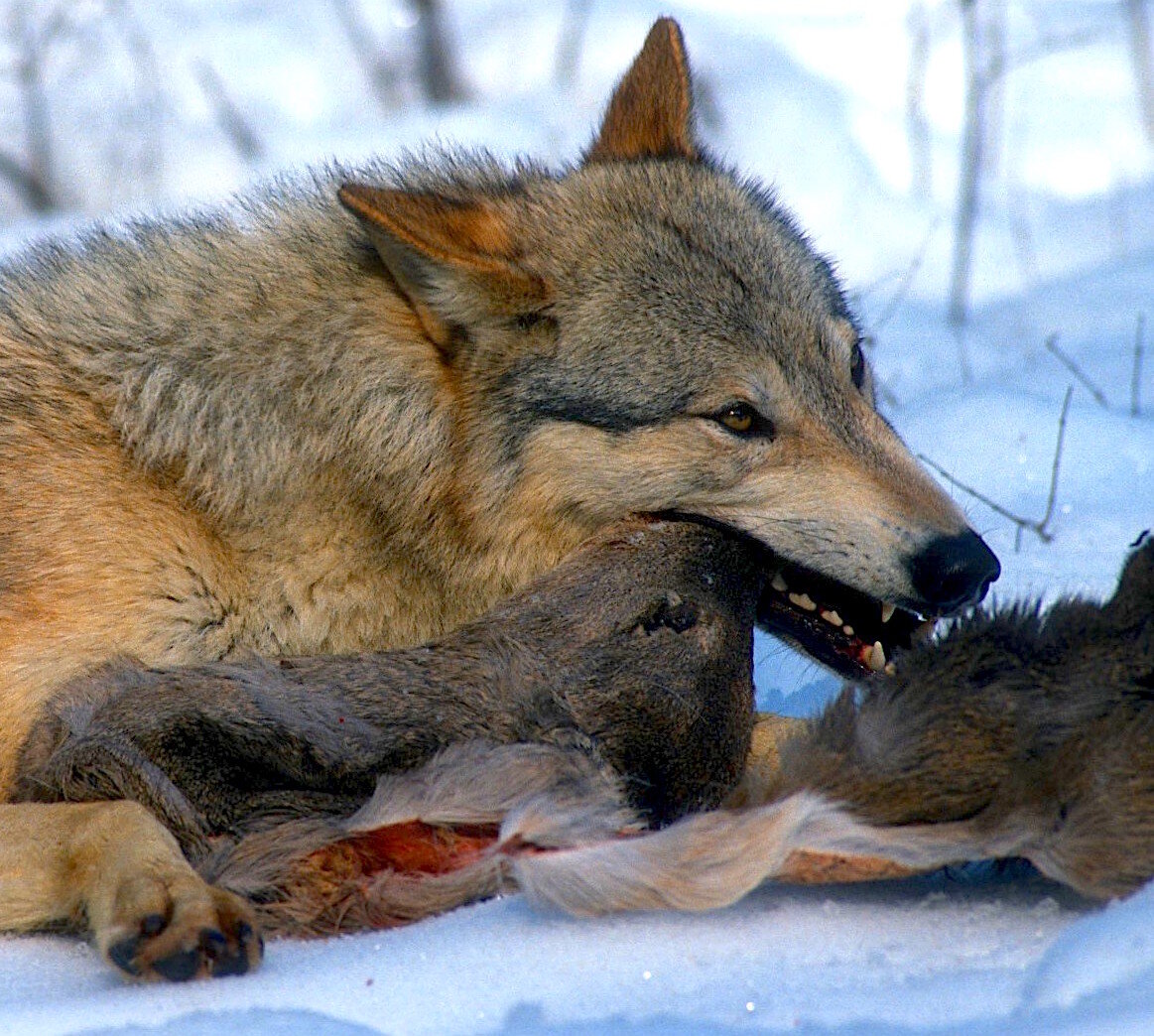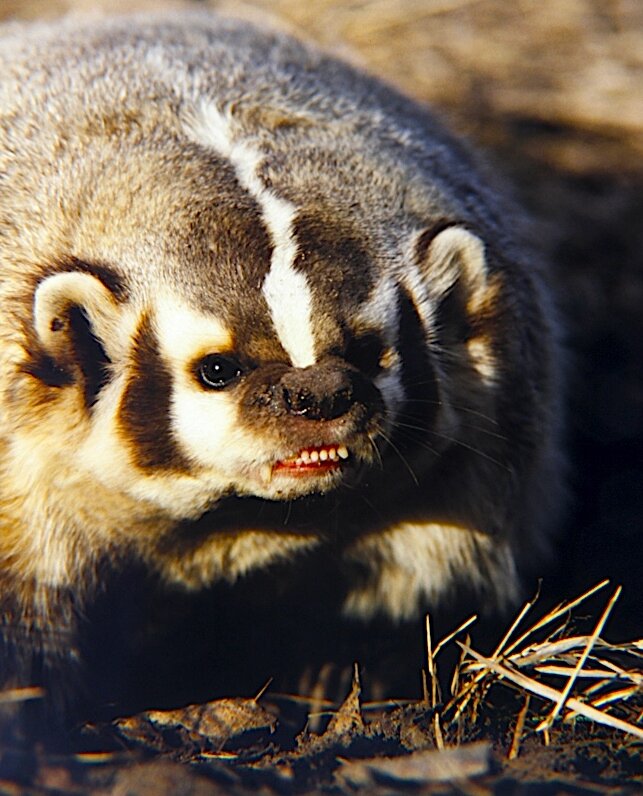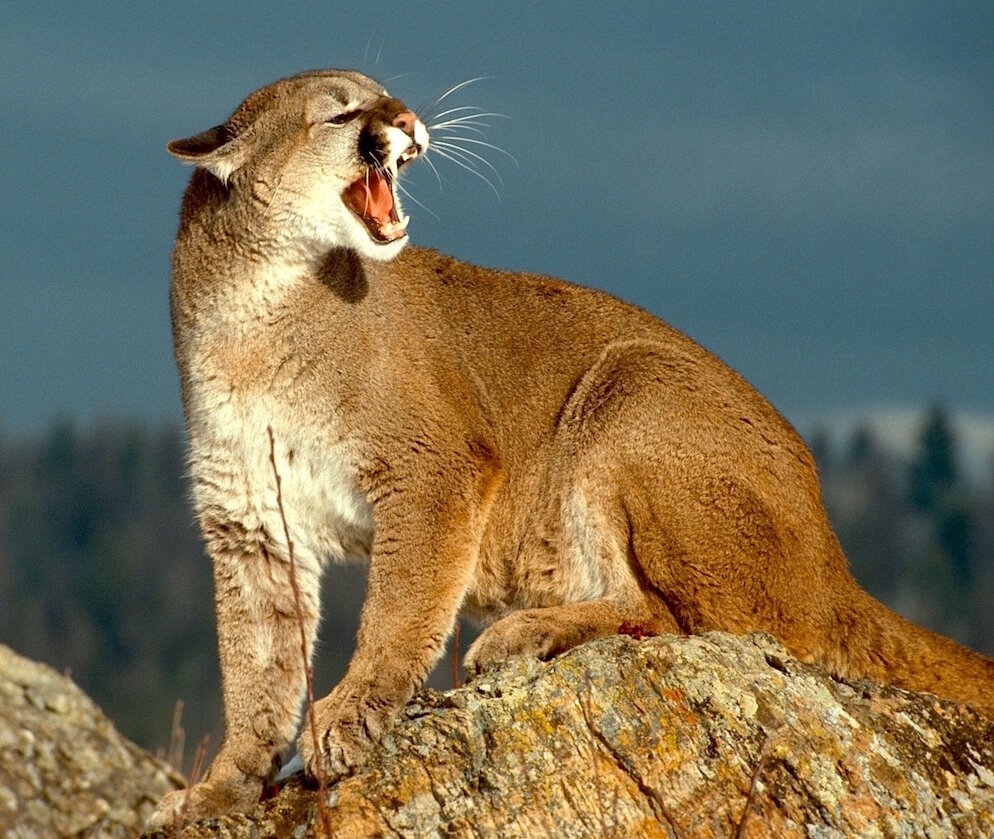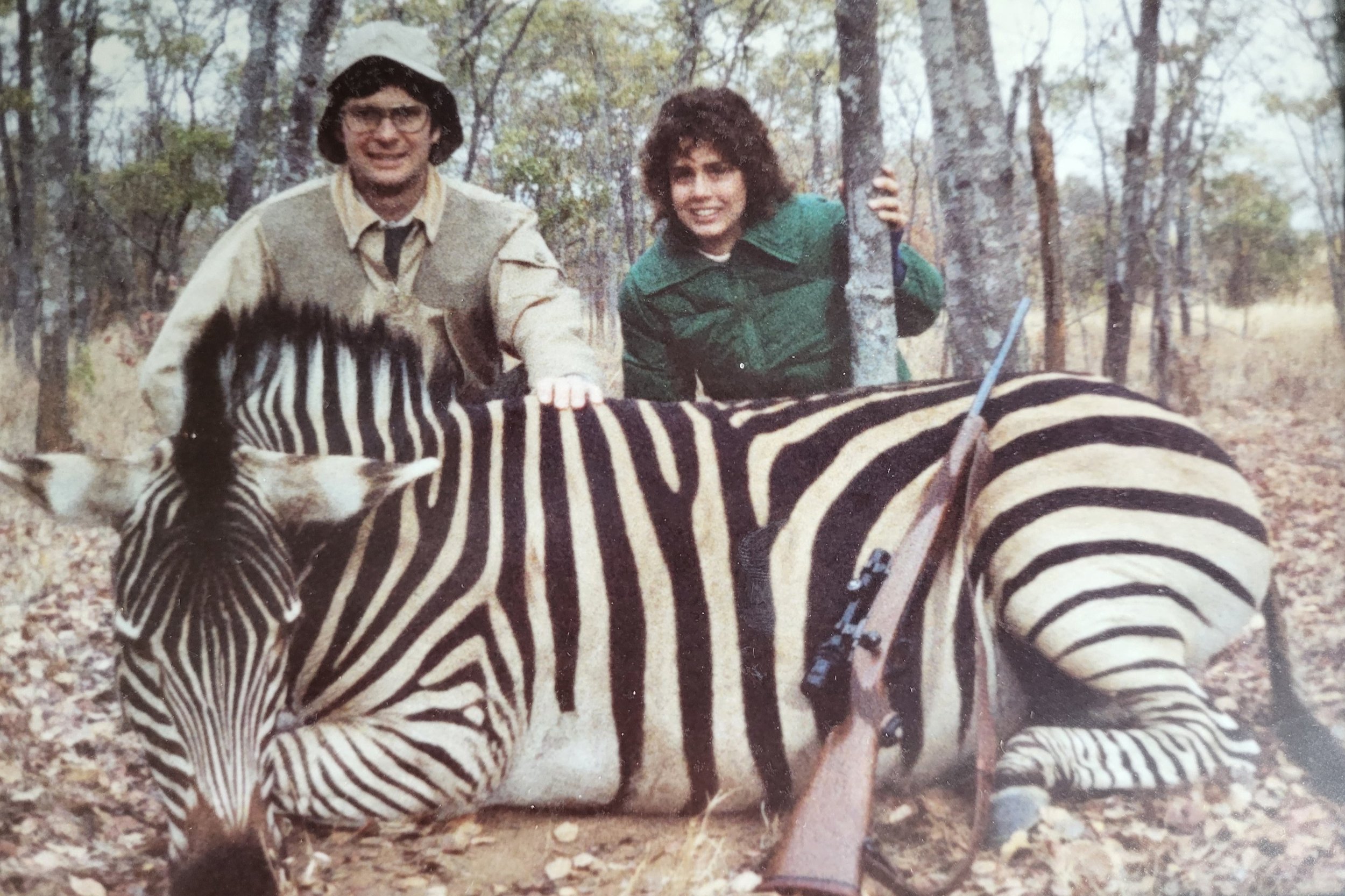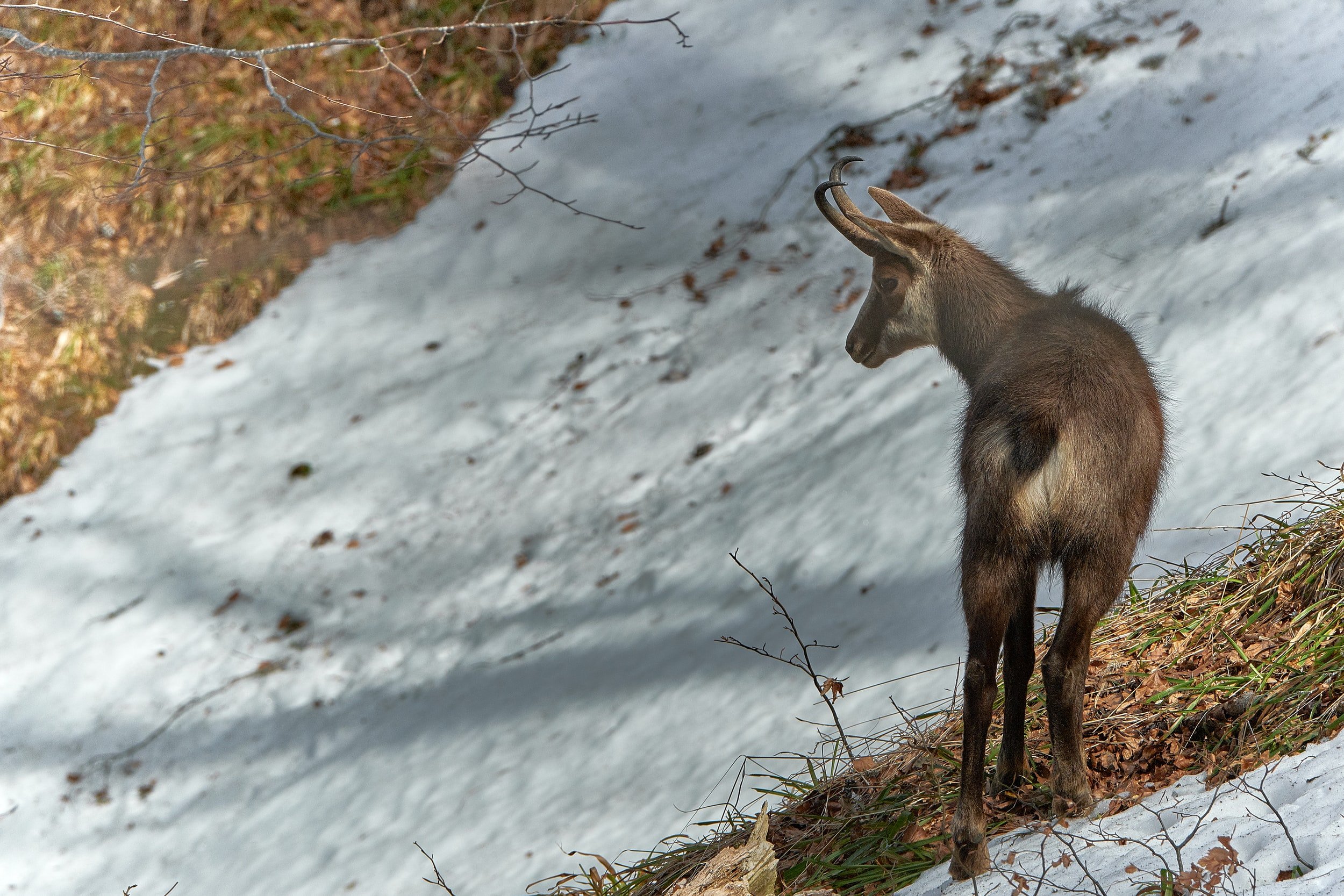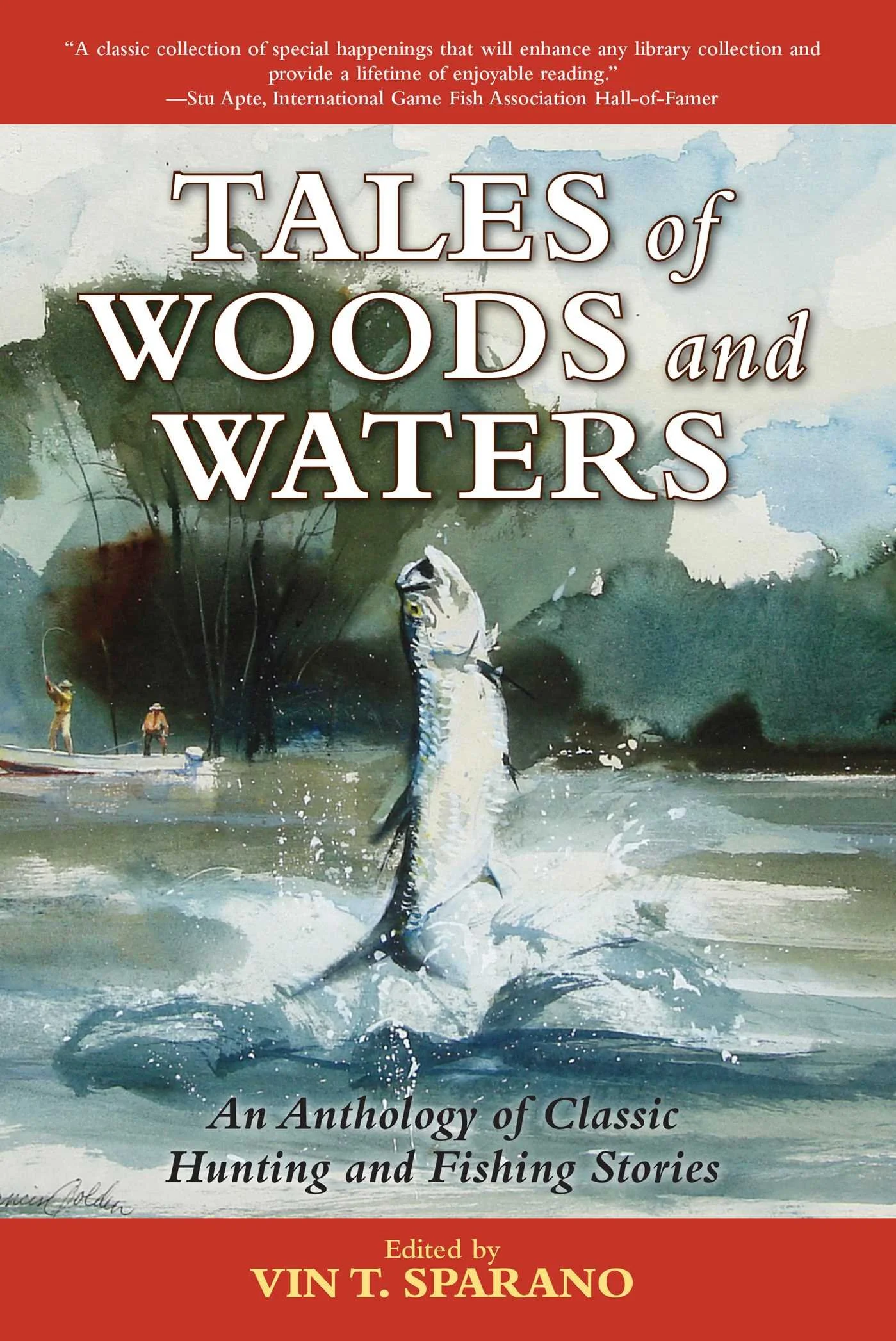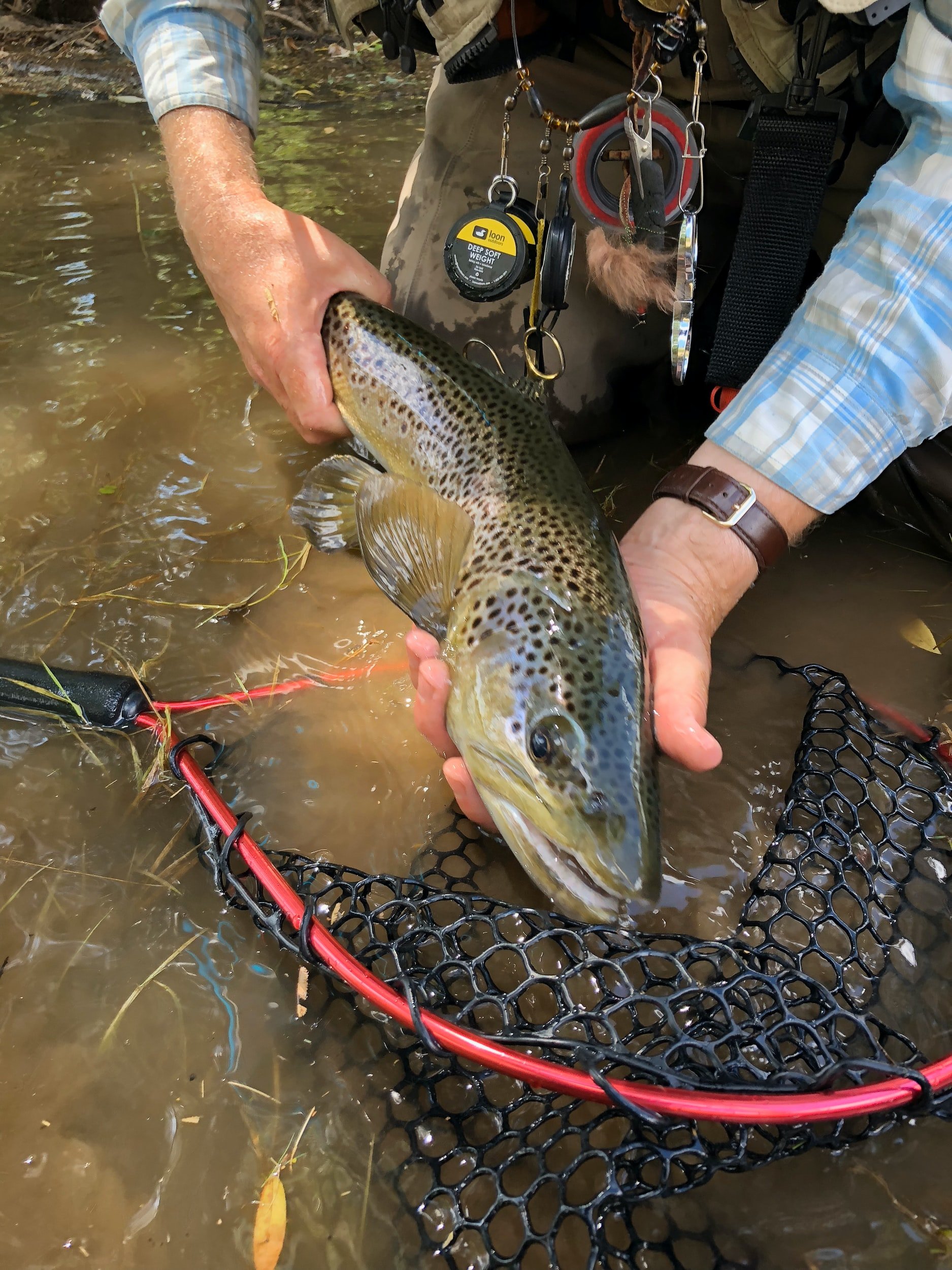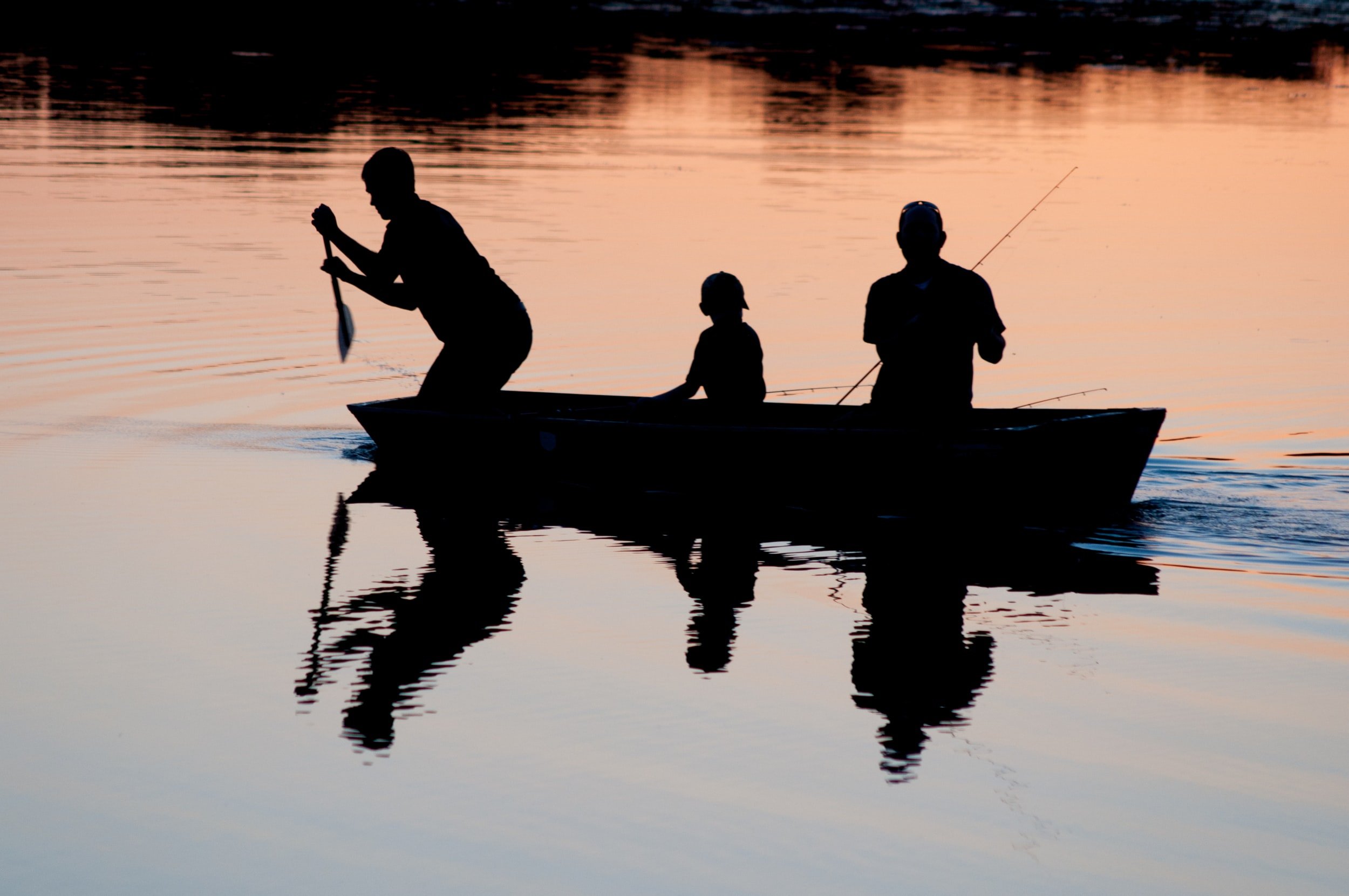Thrill Killing Predators or Just Instinct?
This photograph of rodents lining the nest of a snowy owl illustrates the false narrative of humans being the only species that "kills indiscriminately, wastes meat, thrill kills," etc.
Most, if not all, predators kill when they can. When it is easy, they “over-harvest." This is most often seen in "chicken house slaughters" and “sheep pen massacres.” A hawk, owl, mink, fox, badger, coyote, or other predator finds itself amid an abundance of trapped prey. It's hunting instinct drives it to kill. But then, before hunger impels it to eat, it notices more prey…
The hunting instinct fails to turn off. So the hunter kills again. And again. The noisy, moving prey keeps this instinct turned on through multiple kills, sometimes dozens before the predator finally stops (probably tired!), eats what it needs, and leaves carnage in its wake.
This appears to be senseless killing. But it’s not unnatural killing. Just an unnatural killing opportunity. In this dead rodents photo, I suspect, a superabundance of Arctic prey enabled a snowy owl to easily find and catch these rodents. Instinct drove it to transport that prey to its nest mate who couldn't possibly keep up.
In a situation like this, when the eggs hatch, the owlets, which hatch consecutively day by day, would find more than enough food to survive to fledgling stage and then, probably, more than enough prey to hone hunting skills quickly. The result is an overabundance of owls. Alas, the rodent population would likely crash the next year, the owls suffering and dying off thereafter.
This is a classic boom and bust cycle. The real difference between human hunters and other carnivores is that humans are the only species cognizant of its excessive actions. Our ability to reason is why we eventually tempered our killing and legislated laws and regulations designed to maintain sustainable harvests while retaining healthy numbers of wildlife. Sustainable use rather than boom and bust.
To distinguish this sensible, cautious, sustainable style of hunting, early conservation hunters like T. Roosevelt labeled it "sport hunting" as opposed to market hunting or poaching. It's a sport not because it’s frivolous, but because it has rules and boundaries designed to maintain the game, the all-organic, free-range, biodegradable natural production that fuels all of us.
So, don’t blame the over-harvesting owls, coyotes and other predators. They’re just responding as Nature programmed. Over-harvesting human hunters, however, need to be stopped. There is no excuse for senseless, uncontrolled, wanton killing and waste from what is supposed to be the most intelligent, reasoning predator on the planet.



